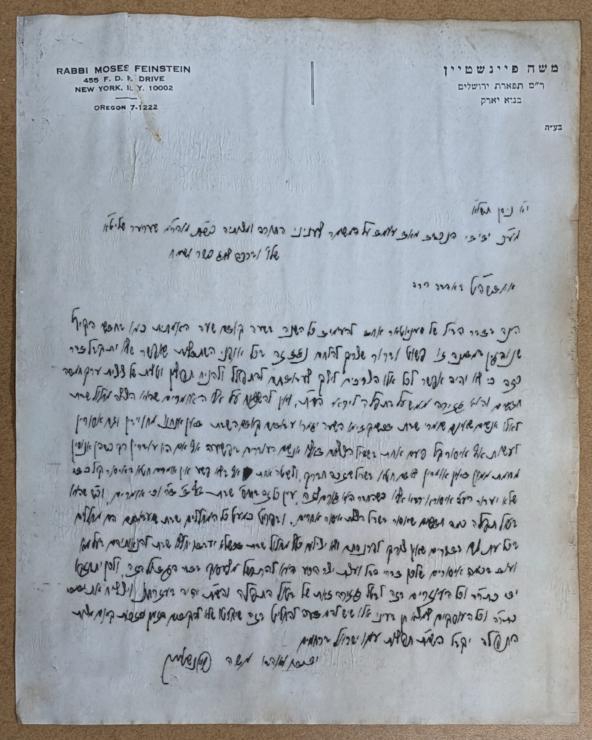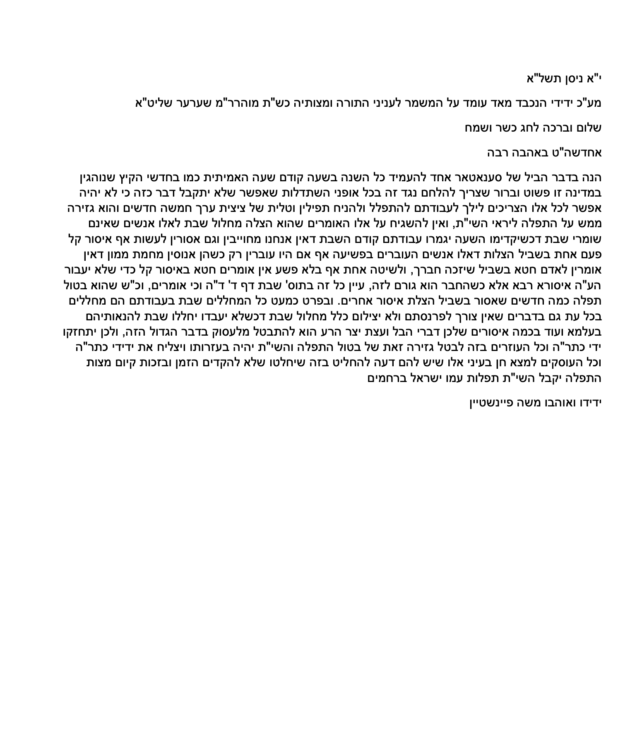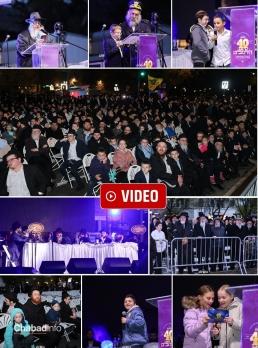Frum Lobbying Stops Permanent “Daylight Savings” Bill
After lengthy discussions in Congress about making daylight-saving time permanent, the legislation ultimately failed to pass. One of the reasons for this failure was the concerns voiced by the frum (observant) community about how the change would affect their way of life • Full Story, Photos
In recent months, the United States Congress has been considering making daylight-saving time permanent. While the Senate passed the initiative unanimously earlier this year, it has since stalled in the House of Representatives due to a lack of consensus. One group that has voiced concerns about the implementation of permanent daylight-saving time is the Orthodox Jewish community. Agudath Israel, an organization that represents this community, has shared the unique challenges that such a change would pose.
According to Rabbi Abba Cohen, the Vice President for Government Affairs and Washington Director of Agudath Israel, the Orthodox Jewish community has spent intensive months working on this issue, which “is so fraught with problems for the religious, economic, and family life of the Orthodox Jewish community.” These concerns have been widely circulated on Capitol Hill, including a survey of sunrise times in cities across the country under permanent daylight-saving time and an analysis by Rabbi Dovid Heber, an authority on Jewish calendar calculations.
The Orthodox Jewish community has identified two primary concerns with the implementation of permanent daylight-saving time. The first concern relates to the impact on morning prayers, known as tefillas shacharis, which are regulated by solar positioning and are to be performed at specific times. The change in daylight-saving time would alter these times, undermining the proper observance of these prayers, leading to reduced attendance at synagogues, and causing tardiness at work.
The second concern centers around children who walk, carpool, or take the bus to school in the pre-sunrise darkness and the increased risk of accidents and injuries that could result. This concern is reminiscent of the Arab oil embargo in the 1970s, when a two-year experiment with daylight-saving time was cut short due to numerous reported incidents of children being killed, injured, or assaulted while traveling to school in the pitch-black streets. The alternative to this would be for Jewish schools, which often include morning prayers, to start the school day at a later hour, which has been decried by many yeshiva principals, educators, and parents.
Agudath Israel’s advocacy on this issue aligns with a 1971 letter written by the late Rabbi Moshe Feinstein to the then-President of Agudath Israel, Rabbi Moshe Sherer, addressing a previous legislative attempt to make daylight-saving time permanent. In this letter, Rabbi Feinstein pointed out the difficulties that those who go to work would face in properly observing morning prayers and the impact this would have on their families and communities.
In conclusion, while the idea of permanent daylight-saving time may seem appealing to some, it presents unique and disruptive challenges to the Orthodox Jewish community, including impacts on morning prayers and the increased risk of accidents for children traveling to school in the pre-sunrise darkness. These concerns have contributed to the stalling of the initiative in the House of Representatives.






52
Join ChabadInfo's News Roundup and alerts for the HOTTEST Chabad news and updates!











































